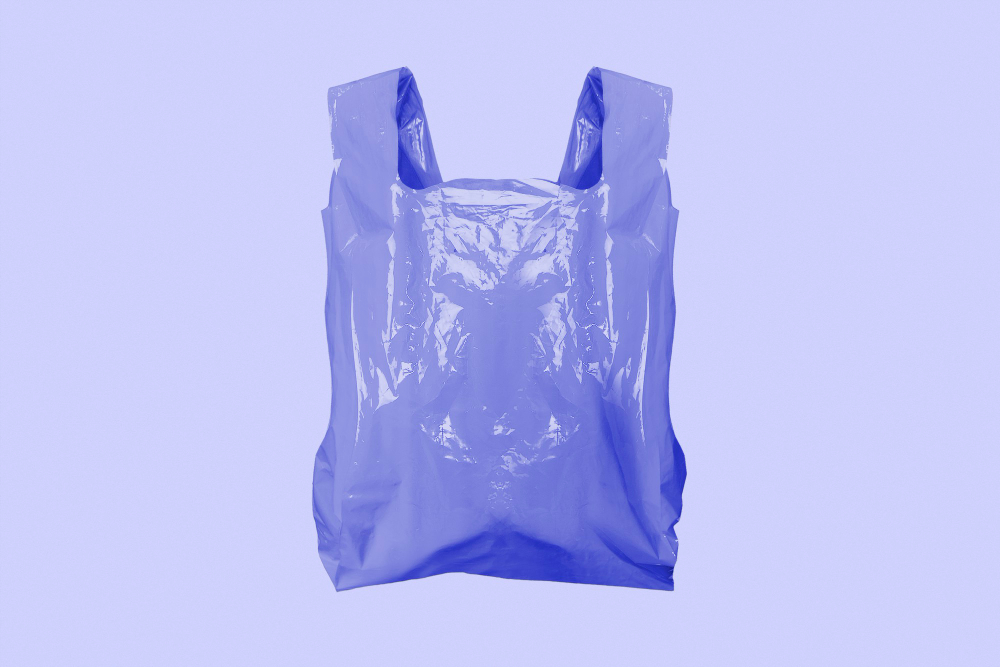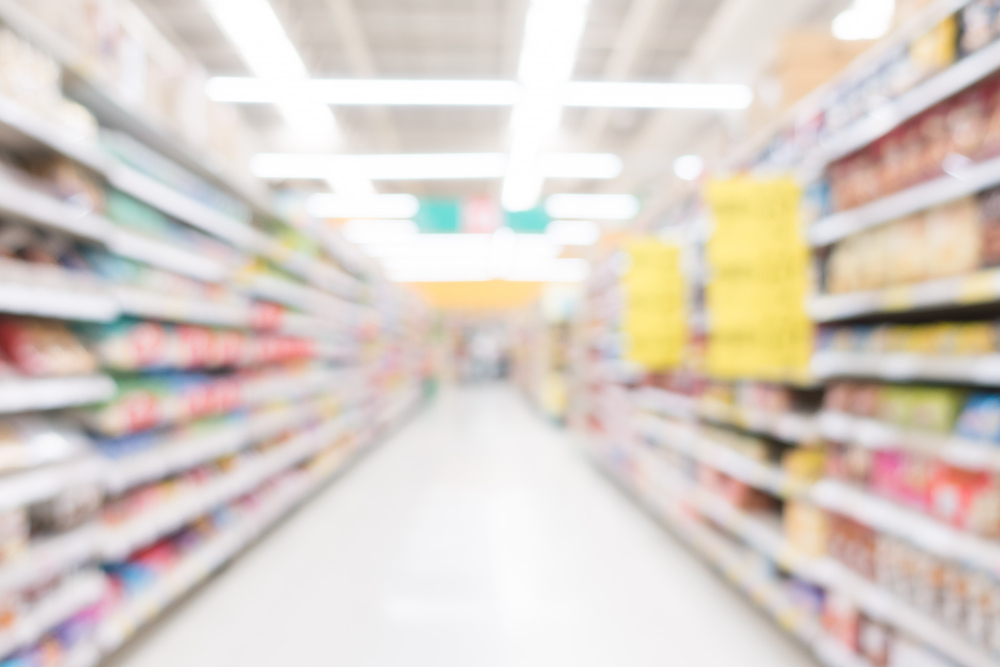Colorado is a state known for its natural beauty and splendor—and the locals take good care to keep it that way.
The state was recently ranked 10th highest for eco-friendly behaviors, which include water consumption, green buildings per capita, solar energy capacity, and alternative fuel vehicles.
However, Colorado wanked just No. 21 in terms of overall environmental friendliness, leaving it in the middle of the pack.
Starting in 2024, one law will go a long way in changing that.

At this point, you’ve probably heard about Colorado’s single-use plastic bag ban. You might even be frustrated by it.
But did you know that Coloradans use an estimated 4.6 million single-use plastic bags per day? That equates to a whopping 1.679 billion unrecyclable plastic units per year.
Yup. You read that right. 1.679 billion.
And that doesn’t even include styrofoam cups, of which Coloradans use 1.2 million per day, or 438 million per year.
In this article, we’re discussing the details and viability of the single-use plastic law, and give you some tips for how you can help contribute to a greener Colorado.
Why Did Colorado Ban Plastic Bags?
Colorado banned single-use plastic bags and polystyrene products (commonly known as styrofoam) at major retailers and restaurant chains as part of an effort to reduce plastic pollution.
The ban is a part of the Plastic Pollution Reduction Act signed into law by Governor Jared Polis. The legislation reflects the state’s efforts to reduce reliance on single-use plastics and address the issue of these materials accumulating in landfills.
Environmental groups have applauded this move, emphasizing the importance of reducing the use of materials that can pollute the state for hundreds of years. Colorado’s action is seen as a significant step in the nationwide effort to phase out unnecessary and wasteful single-use plastics.
Single-use Plastic Bag Ban Details: Requirements and Exemptions
Businesses that must follow the single-use plastic bag ban include:
- Major grocery stores and supermarkets such as King Soopers, Safeway, and Walmart
- Major convenience stores
- Major liquor stores
- Major retailers

However, there are exemptions to the bag ban for some businesses. These include:
- Smaller stores with three or fewer locations in the state of Colorado
- Farmers markets
- Laundry and/or drycleaning services
- Pharmacies
- Bulk stores
- Restaurants (though they can no longer use styrofoam containers)
Entities that fail to follow regulations are subject to a civil penalty of up to $500 for a second violation or up to $1,000 for a third or subsequent violation.
Although single-use plastic bag consumption could see a significant reduction, you won’t find that plastic bags have been completely eliminated from your weekly grocery trip. According to the City of Golden, “Single-use bag” does NOT include bags used in certain circumstance, such as:
- Bags used by consumers inside stores to package bulk items such as fruit, vegetables, nuts, grains, candy, or small hardware items.
- Bags used to contain or wrap frozen foods, meat, or fish.
- Bags used to contain or wrap flowers, potted plants, or other items where dampness may be a problem.
- Bags used to contain unwrapped prepared foods or bakery goods.
- A non-handled bag used to protect a purchased item from damaging or contaminating other purchased items when placed in a recyclable paper bag or reusable bag.
- Bags provided by pharmacists to contain prescription drugs.
- Newspaper bags, door-hanger bags, laundry-dry cleaning bags, or bags sold in packages containing multiple bags for uses such as food storage, garbage, pet waste, or yard waste bags.
How You Can Contribute to a Cleaner Colorado
While there have been marked objections to the plastic bag ban by Colorado consumers, general consensus asserts that over time the law will be of great benefit to the state.
We’ve already put together a sustainable living guide for you, but if you’re interested in some quick tips for going above and beyond with your reduction of single-use plastic, check out these guidelines:

Bring Reusable Bags: Always carry reusable shopping bags when you go to stores. Keep a few in your car, your purse, or backpack so you’re less likely to need a plastic bag.
Choose Cardboard Over Plastic: When shopping, opt for items that are packaged in cardboard instead of plastic, as cardboard is easier to recycle.
Use Cloth or Paper Bags for Produce: Instead of using the plastic bags provided in the produce section, bring your own cloth or paper bags.
Avoid Pre-Packaged Items: Buy loose items rather than those pre-packaged in plastic. For example, buy loose vegetables instead of those wrapped in plastic.
Refuse Styrofoam: Avoid take-out containers made of Styrofoam. When ordering food, ask if they have alternative packaging options or bring your own containers.
Use Reusable Containers and Bottles: Use reusable containers for storing leftovers or carrying meals. Also, carry a reusable water bottle instead of buying bottled water.
Recycle Properly: Be diligent about recycling. Learn the recycling rules in your area and make sure to recycle plastics and Styrofoam (if accepted) correctly.
Support Legislation: Support local and state legislation that aims to reduce single-use plastics.
Educate Others: Spread awareness about the impact of single-use plastics and encourage others to reduce their use.
Conclusions: Single-use Plastic Bag Ban
Single-use plastic bags and styrofoam products have become a convenient part of our everyday life. But over-indulging in these conveniences has spelled trouble for the environment.
Colorado’s bag ban won’t eliminate single-use plastic altogether. But even a 50% reduction in single-use plastic bag consumption could lead to more than 800 million units out of circulation in 2024 alone.
Whatever your opinion about the plastic bag ban, keep an open mind. With commitment and legislation, reduced reliance on single-use plastic can be a routine part of everyday life.




